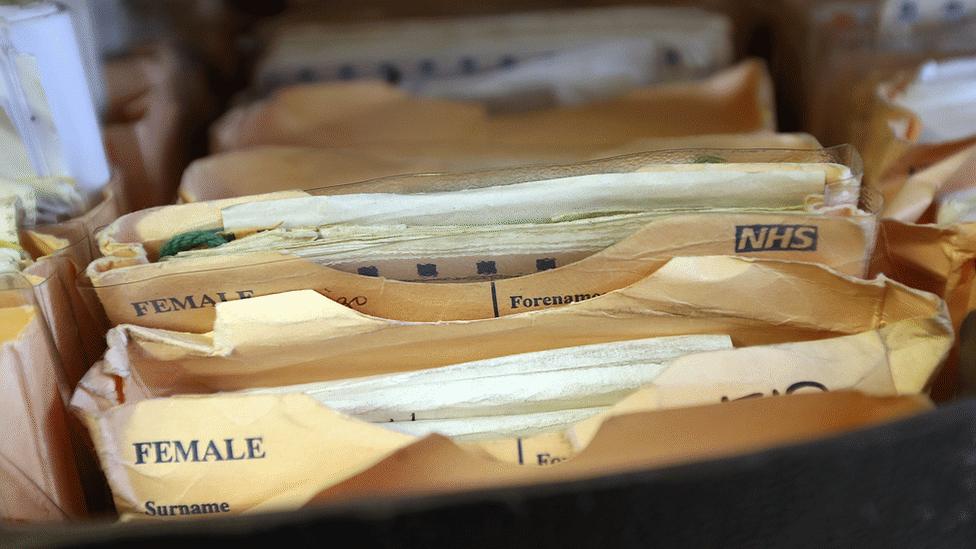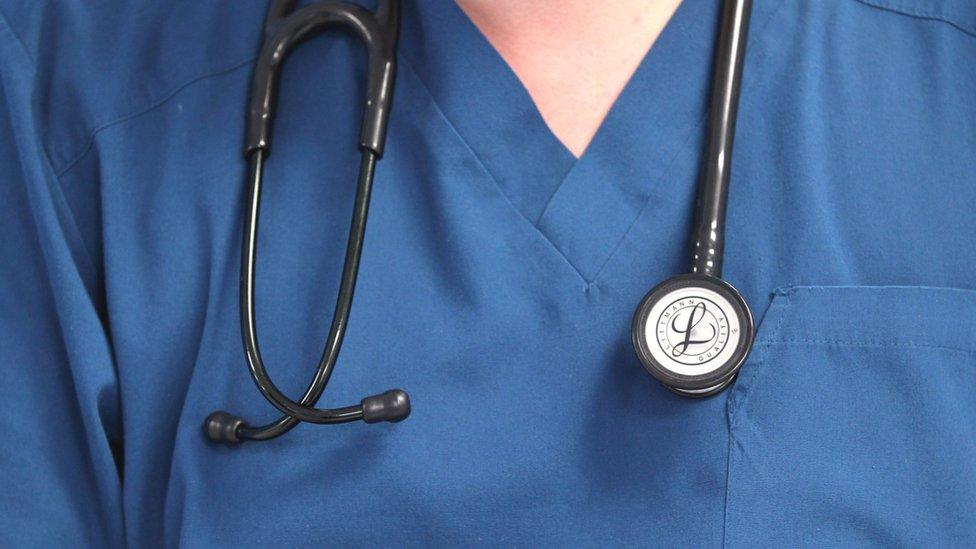Jersey patient records system faces challenges, report finds
- Published

The new system is expected to cost £29.3m and be fully implemented by 2025
The introduction of a new Electronic Patient Record (EPR) system in Jersey needs better engagement with key stakeholders, says an auditor's report.
Auditor general Lynn Pamment said senior clinicians and managers were not sufficiently involved in the design and testing of the system.
The EPR aims to allow medical records to be used more efficiently, without depending on paper files.
The government said it was making "every effort to improve the service".
It is expected to cost £29.3m and be fully implemented by 2025.
Ms Pamment's report said the level of engagement with key stakeholders had varied.
'Operational issues'
"There is evidence that despite significant attempts made by the EPR programme team, levels of engagement from senior clinicians and managers fell below what was expected and hoped for," said the report., external
The report also highlighted concerns over the transparency of an audit trail for the funding of the programme and the length of time it is taking to resolve "operational issues".
Ms Pamment said: "In order to drive value for money from significant investments there needs to be a much greater focus on effective stakeholder and user engagement as well as more effective discipline around the identification, monitoring and delivery of benefits."
Minister for Health and Social Services, Deputy Tom Binet, said the department was "making every effort to improve the service our clinical users are receiving with the new system".
'Support colleagues'
He said Health and Community Services (HCS) "fully understands the pressures colleagues are under, having to engage with a new way of working while carrying out their full-time roles, especially when it comes to caring for patients".
He said more than 400 "engagement sessions" were carried out with different HCS staff and stakeholders before the system was rolled out.
But there were still "some significant challenges with it" and "some staff would have liked to be more involved in the procurement process".
He said 4,000 hours of training had been provided, and HCS would "continue to support colleagues in any way we can".
He said the EPR would "ultimately improve patient safety, improve the experience of patients through the health system and in the long term, it will save both time and money".

Follow BBC Jersey on X (formerly Twitter), external and Facebook, external. Send your story ideas to channel.islands@bbc.co.uk, external.
- Published26 May 2023
- Published20 October 2021

- Published25 January 2021
